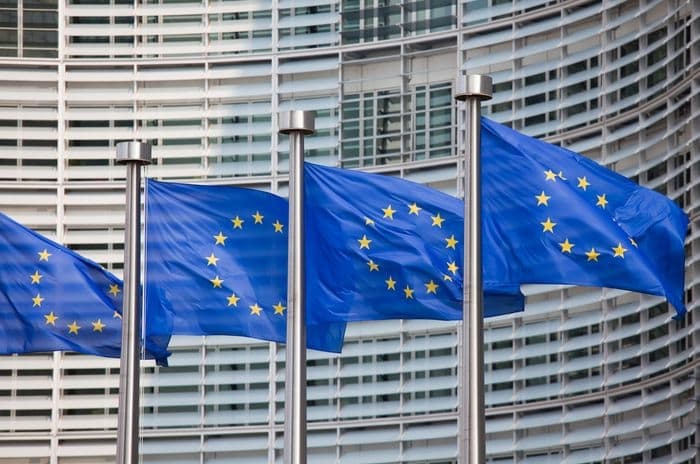Home > Money > News > £12.8 billion in flight redress due under six year rule
£12.8 billion in flight redress due under six year rule
UK holidaymakers who have faced flight delays are entitled to compensation, even if the delay was six years ago, the Court of Appeal ruled last week.

Previously, airlines would only accept claims relating to delayed journeys from up to two years ago.
The decision could mean that UK travellers are entitled to £12.8 billion in compensation, according to compensation site Airhelp.
Under the European Union's EC Regulations 261/2004, most passengers who are delayed over three hours can claim up to €600 (about £500), unless the delay was the result of "extraordinary circumstances".
However, it may be too early to get going on those claim forms.
The airline involved in this landmark case - Thomson - say they'll be appealing the decision in the Supreme Court.
The six year rule
Three judges decided on the six year rule while considering the case of James Dawson.
Dawson's 2006 Thomson flight from London to the Dominican Republic was delayed by eight hours, a clear cut case where compensation should be due under EU rules.
However, Dawson didn't realise that he could claim compensation for his lost time until more than two years after the delay.
He made a claim and got compensation through the Small Claims Court last year but Thomson appealed the judgment on the basis that the Montreal Convention, an international agreement on the how all airlines should behave towards their customers, means that they're are only liable for up to two years after a problem.
Last week, the Court of Appeal rejected that argument, saying that airlines should follow the rules of the country they're operating in.
In England and Wales, that means that passengers should have six years to make a claim.
Opening the floodgates for claims?
The ruling doesn't open the floodgates for claims, however, for several reasons.
First, Thomson are planning to appeal to the Supreme Court.
Although this ruling sets an important precedent, a higher court could still side with Thomson, in which case airlines won't be liable for older cases.
In the mean time, airlines will almost certainly freeze any older claims they're processing.
The Supreme Court have up to three months to decide whether to grant the appeal and, if they do set a date, that will take another few months.
Second, people have been getting compensation for flights under the six year rule already.
"We have actually been following through on claims under the statute of limitation in the various countries since day one," Nicolas Michaelsen, Chief Marketing Officer of Airhelp, a site that helps passengers claim compensation for delayed flights, told us.
But it's been hit and miss: sometimes the airlines invoke the two year rule, sometimes not.
Finally, although this ruling means that more people could claim for older delays, the reality is that most don't.
"If you look at the dispersion of age on the claims, then most of our claims are from the last 3 years, with the bulk... within the last year," Michaelsen told us.
Just 2% claim for delays
Just 2% of EU travellers that face delayed, cancelled or overbooked flights ever make a claim, Airhelp say.
In general, it's not being unable to make an older claim that's stopping people from getting the money they're owed.
They are far more likely to miss out because they don't realise they're owed compensation money or they don't want to go through the claims process.
Airhelp estimate UK consumers are due €2.7 billion (about £2.1 billion) in compensation from airlines every year.
Over the full six year claims period for England and Wales, that's €16.1 billion (or about £12.8 billion) due to consumers.
Just a fraction of that will ever be claimed.
"It is interesting in the sense that all courts in EU seem to be very clear on how they think the 261 regulation should be interpreted. Only the airlines seem to have another opinion," Michaelsen says.
Get insider tips and the latest offers in our newsletter
Get insider tips and the latest offers in our newsletter

We are independent of all of the products and services we compare.

We order our comparison tables by price or feature and never by referral revenue.

We donate at least 5% of our profits to charity, and we aim to be climate positive.
Latest News

26 October 2022
Cost of living showing worrying trends in affordability
16 June 2022
FCA warn lenders on cost of living difficulties


